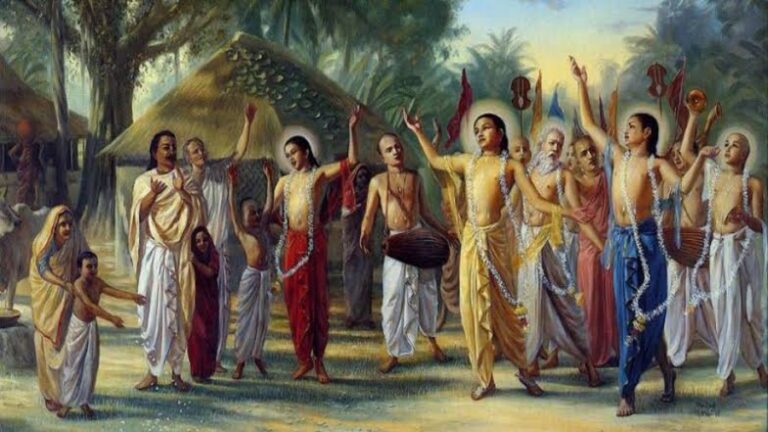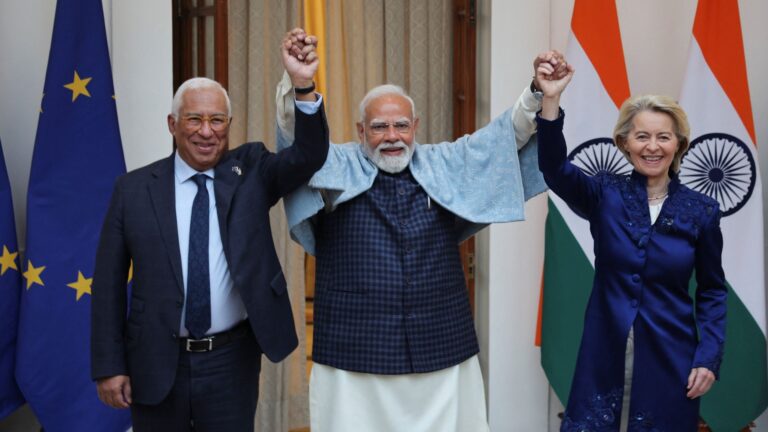
During his visit to Japan for the 15th India-Japan Annual Summit on August 29, 2025, Prime Minister Narendra Modi received a meaningful gift- a Daruma doll. The doll was presented by Rev. Seishi Hirose, chief priest of the Shorinzan Daruma-Ji Temple in Takasaki, Gunma Prefecture. The gift was far more than a decorative keepsake. It carried centuries of cultural wisdom, spiritual symbolism, and even an Indian connection that traces back to ancient times.
Daruma: An Emblem of Good Fortune
A Daruma doll is a hollow, round, Japanese traditional doll modeled after Bodhidharma, the founder of the Zen tradition of Buddhism. These dolls, though typically red and depicting the Indian monk, Bodhidharma, vary greatly in color and design depending on region and artist.
It also stands as a symbol of endurance, determination, and prosperity. Its rounded base allows it to spring upright when tipped, capturing the spirit of the Japanese proverb: “Nanakorobi Yaoki”– fall down seven times, rise eight. Thus, the doll goes beyond being a mere ornament; it serves as an enduring reminder to persevere through adversity.
Indian Roots Through Bodhidharma

While carrying a deep Indian connection, it commemorates Bodhidharma, a monk from Kanchipuram, Tamil Nadu, who brought Zen Buddhism to China and later shaped Japanese thought, where he is revered as Daruma Daishi. Tradition holds that Bodhidharma meditated before a wall for nine years, during which his limbs withered. The doll’s armless and legless form reflects this legendary devotion. In this way, the Daruma embodies both spiritual resilience and the cultural continuum linking India and Japan.
The doll is closely tied to a unique practice. It is traditionally sold with unpainted eyes. When someone sets a goal, they ink one eye; once the goal is fulfilled, they complete the second eye. Over time, the figure becomes a silent witness to personal determination and accomplishment, making it a cherished talisman in Japanese homes, workplaces, and even politics.
Cultural and Diplomatic Resonance

By offering the doll to Prime Minister Modi, Rev. Hirose extended wishes for steadfastness and success in leadership. At the same time, the gesture underscored the shared spiritual and cultural values that have long connected India and Japan. In this sense, the doll transcended its role as an artifact and emerged as a diplomatic emblem of mutual respect, resilience, and partnership.
Beyond diplomacy and history, the Daruma doll speaks to the everyday human experience. For students, it may serve as motivation during examinations. It may also be a marker of new beginnings for families. The Daruma doll may also serve as a quiet reminder to remain persistent in tough times to all those chasing their aspirations. Seen in this light, the doll presented to Prime Minister Modi was more than a symbolic gift- it echoed a universal truth: perseverance sustains both the struggles of individuals and the responsibilities of nations.
Stay tuned in for more with The World Times!



